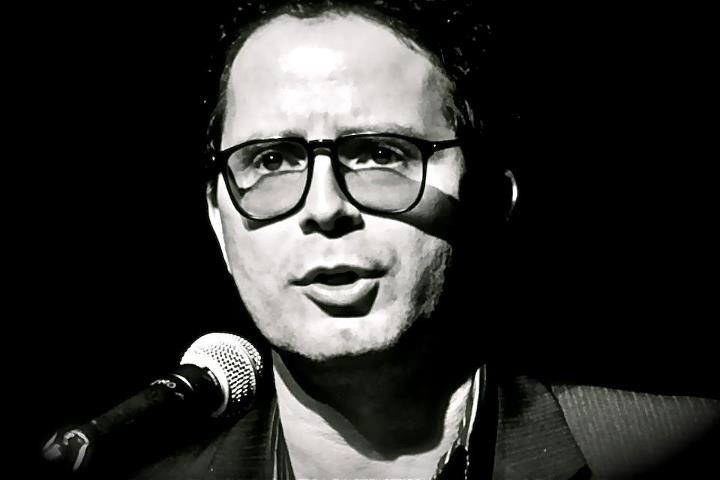 Hello folks,
Hello folks,This is an important political message from a leader of the Canadian first nations, showing support for the indigenous protesters in Colombia. While he calls on "all parties to end the violence," he also rightfully asks that the eyes of the world must remain fixed on Colombia to make sure there is a negotiated settlement of the armed conflict, which has detrimentally impacted indigenous communities and their generations-long struggle for autonomy and defense of their life plans. One would hope that others would take note, especially in the north, where there has been a virtual blackout on the popular minga that has been unfolding now for over two weeks.
National Chief Condemns Violence Against Indigenous Protestors in Colombia
OTTAWA, Oct. 27 /CNW Telbec/ - In southwest Colombia, protests over the
government of Colombia's economic policies have erupted into violence as riot
police clash with Indian protestors. The protests which began on October 21
have left many injured and unconfirmed reports indicate at least 3 Indian
protestors are dead. The protestors blockaded the Pan-American highway and
possess mostly rudimentary means of defending themselves against encroaching
police. Indigenous peoples in Colombia are expressing fear of a pending
escalation in this conflict.
AFN National Chief Phil Fontaine expressed his concern for the Indigenous
peoples of Colombia and urged the Colombian government to negotiate a peaceful
settlement with the protestors. "I am calling on all parties to end the
violence and seek respectful dialogue to address their differences. I also
call on Canadians concerned about human rights and the rights of Indigenous
peoples to ensure that the eyes of the world remain fixed on events in
Colombia to ensure peaceful and immediate resolution to the armed conflict,"
he said.
"The Indian population in Colombia is among the poorest in Colombia, a
reality faced by First Nations in Canada as well," added National Chief
Fontaine. Noting that economic polices, including government plans for a
free-trade deal with the U.S., have prompted increasing dissent from
Indigenous peoples in Colombia, National Chief Fontaine said, "Conditions of
extreme poverty and the exclusion which are common to Indigenous peoples in
Canada as they are in other parts of the world, are not conducive to peaceful
diplomatic relations in the 21st century. Both domestic and international
decision-making and planning on the economy should include Indigenous peoples.
This is the key to alleviating rampant poverty among Indigenous peoples and
fostering relationships based on meaningful consultation, inclusion and
ultimately, achieving reconciliation".
"I would also note that this is an example of the importance of
international instruments like the United Nations Declaration on the Rights of
Indigenous Peoples, which Canada has refused to endorse and implement", said
National Chief Fontaine. "Indigenous rights continue to be suppressed around
the world. The UN Declaration contains the highest human rights standards and
best practices and Canada should support and implement this important human
rights instrument," concluded the National Chief. Regional Chief Wilton
Littlechild, former member of the UN Permanent Forum on Indigenous Issues and
who was a key participant in drafting processes of the UN Declaration
discussed the alarming violence in Colombia with Navanethem Pillay, the UN
High Commissioner of Human Rights l last week in New York City.
The Assembly of First Nations is the national political organization
representing First Nations people in Canada.
For further information: Joan McEwen, AFN Communications Director, (613)
241-6789 ext. 242, cell (613) 324-3329, jmcewen@afn.ca; Gina Cosentino,
Government Relations and International Affairs Senior Advisor, National
Chief's Office, AFN, (613) 241-6789 ext. 356, gcosentino@afn.ca 
No comments:
Post a Comment